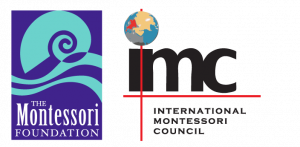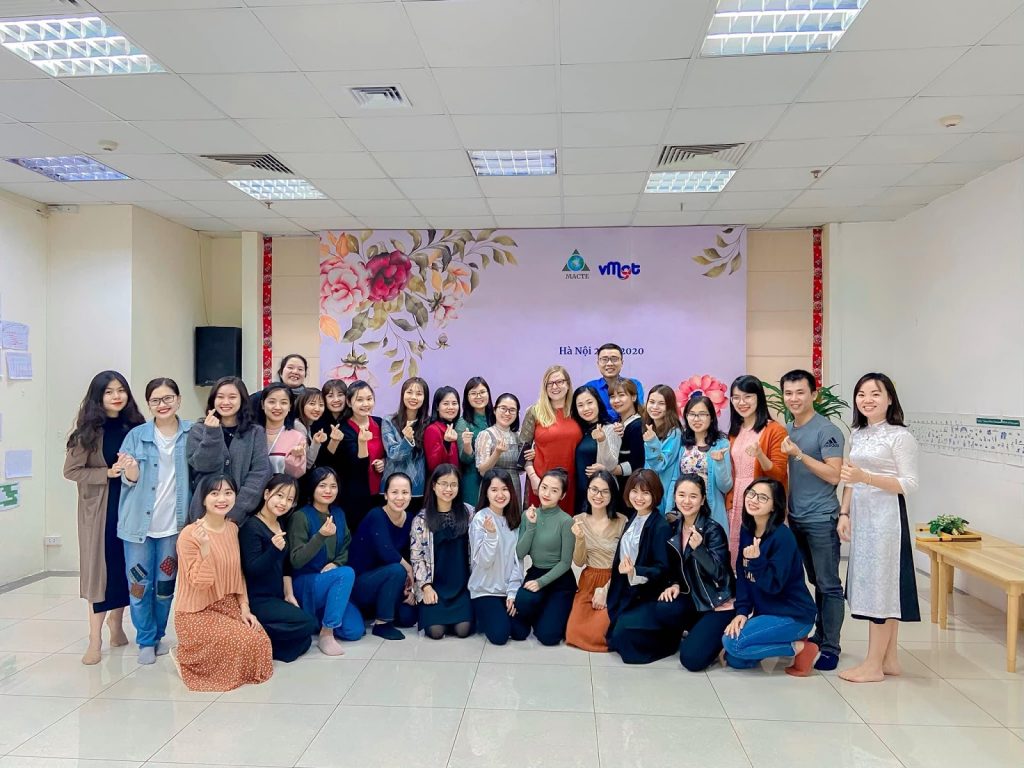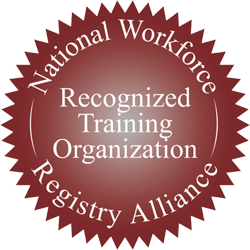“I’ll be joining my school’s board of directors for the first time, and have never served on a nonprofit team before. What are some things I should keep in mind since I’m coming from a for-profit school?”
This is a great question and critical to understand in order to help the board and school function in the best ways possible. It is important to ask when you say “joining my school’s board,” what is your relationship to the school? If you are a current teacher at the school, this represents an inherent conflict of interest and should not happen. If you are a current, or an alumni/ae parent, or an alumni/ae teacher, or an alumnus/a, this should not be a problem. In fact, it is interesting to point out that if you are a current parent, a National Association of Independent Schools (NAIS) “Independent School Leadership: Heads, Boards and Strategic Thinking” study found “Five elements were consistently present and paramount to strategic effectiveness of boards and to a set of institutional outcomes for independent schools in our study” and one of the findings stated “The percentage of trustees who are current parents has minimal direct influence on strategic effectiveness within boards of trustees.” As a side note, today more than ever, boards are working hard to make/keep their boards diverse.
So, let me answer your question beginning with, there are three basic legal responsibilities that you want to understand about serving on a nonprofit board.
1) Give Care by devoting time and effort. Whether serving on a committee, supporting a fundraising activity, or volunteering to help ongoing activities, e.g. setting up for a school event, overseeing an important school activity, assisting the head of school; your time and commitment are important. Also, you have to give care to make sure that the school meets financial obligations and is compliant with bylaws, policies, procedures, and state and federal regulations.
2) You have an Obedience to serve the school, and that means to uphold the policies and procedures of the school. Make sure that whether you agree or disagree with a board decision, you are obedient to what the board ultimately decides.
3) Have Loyalty to the school in a way that your school comes first when making a choice between the school and an interest that you may have in another organization you may be affiliated with in one way or another. This becomes critical if you have a child or relative enrolled in the school, or are friends with an employee of the school. Be sure to review and understand the school’s conflict of interest policy that should be signed by all directors annually.
Hopefully, the school board of directors used a good recruitment and screening process when you were invited to join, AND that it employed a strong on-boarding/orientation process that introduced you to board and school responsibilities and expectations. This is critical to getting all new directors off to a strong beginning.
Become familiar with the Board mission, vision, values, bylaws, and policies. Also important is the school’s communication to the school community and beyond, including website, social media, bulletins, etc. You do not have to be an expert in any one area, but you do want to be familiar with all aspects of how the organization communicates in order to keep the school thriving, particularly when there are times of leadership transition—a time when a school is most vulnerable.
Beyond the organization’s principles and practices, you want to take advantage of governance resources. A chief responsibility of any board is providing professional development for itself. For example, here are some top nonprofit organizations: BoardSource, Independent School Management (ISM), NAIS, American Montessori Society (AMS), The Montessori Foundation, and The Center for Guided Montessori Studies (CGMS). Beyond these organizations, there are many excellent books—just to name a few top authors—Patrick Lencioni, Shawn Achor, John Maxwell, Edgar Stoesz, and Ray Dalio. These authors, many books, and TED Talks that cover good governance and leadership can be found on my blog.
To help get you get started, here are some articles I have written about nonprofit governance and leadership:
“Shaping Trust in Your School”
“The Case for a Good Governance Committee”
“Bylaws, Policies, and Procedures”
“Caring for Your Head”
“Golden Governance”
My answer to the question and these resources should get you started on how to be the best director on your school’s board.
Finally, when considering board responsibilities, the most important board value is trust—a value that is inherent in the word trustee, which is comparable to a director. Building trust is incumbent upon every member of the board, whether in conversations, upholding confidentiality, leadership qualities, emotional intelligence, and best practices. And, do not be surprised that once you are on the board, there may be deficiencies in how the board operates. It is up to you to jump in and help wherever you can.
Dane L. Peters currently serves as a consultant to schools and nonprofit boards of trustees/directors. He retired as head of Brooklyn Heights Montessori School (BHMS), a Toddler through 8th grade school in Brooklyn, New York. Prior to heading BHMS for eleven years, he served as head of Mooreland Hill School in Connecticut for eleven years. He recently completed his service as the Administrator for the New York State Association of Independent Schools (NYSAIS) Experienced Leaders Advising Schools (ELAS) program and now serves as an ed-visor and mentor for the program. He has been a faculty member at the Center for Montessori Education | NY and Seton Montessori Institute, teaching the Credential Course for Montessori Leadership and Administration.







